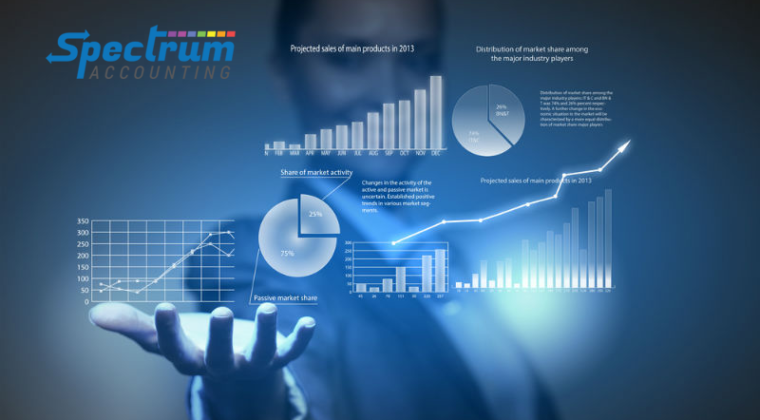Big Data is one of the buzzing trends right now, considering the total volume of data generated and exchanged globally every day the technology ecosystem is overloaded. In 2020, 40 billion terabytes of global data is expected to be interchanged, and in the next 10 years the volume of data can go up by 50% with the significant rise in the network connected devices like tablets, smartphones and this upsurge can lead to a direct impact on the current technology scenario. To manage this data flood the technological expertise inherited is not fit for upcoming circumstances as these exchanges of data sets are highly impossible for humans to sort it out with the conventional data management applications.
Coping up with the democratization of the data, enterprises in the Middle East have started investing heavily in visualization tools to create dashboards to represent the data distinctly across multiple devices. Every industry from financial services to healthcare are all trying to fully incorporate the concept of big data into their existing operations to streamline the business practices. To gain a competitive advantage over the other market players, organizations are using Big data to identify geographic trends, evaluate customer’s behavior to create new services and improve supply chain management.
Usually accountants have only worked on spreadsheets and have not exploited benefits of Big data in their profession. With the challenges and apprehensions about the integrity of spread sheets the accountants are just getting started to derive the advantages of the new data tools. The introduction of Big Data is making every financial transaction transparent and can be traced or downloaded in that accounting year for further assessments. This transparency gives the greater vision from a risk evaluation viewpoint and the companies can focus on efforts to reduce the possibility of higher risk. Big data is not only about the enormous data flood – but also to analyze the information and act on the understandings promptly.
Big data is exceptionally beneficial to the auditors, both financial and non-financial statistics can be cross referenced to weigh the insights and forecast the future. Thanks to the new data tools, Accountants can view a historical perspective and advise the business leaders to make strategic and more profitable decisions.
Investigating the effects of Big Data on the global market, Forbes Middle East summoned the industry connoisseurs across the Information Communication Technology (ICT) sector to share their perspective on how huge volumes of data will impact the organizations and also point out to the measures to be taken in grooming the technology ecosystem with the reality of Big Data.



 contact us
contact us